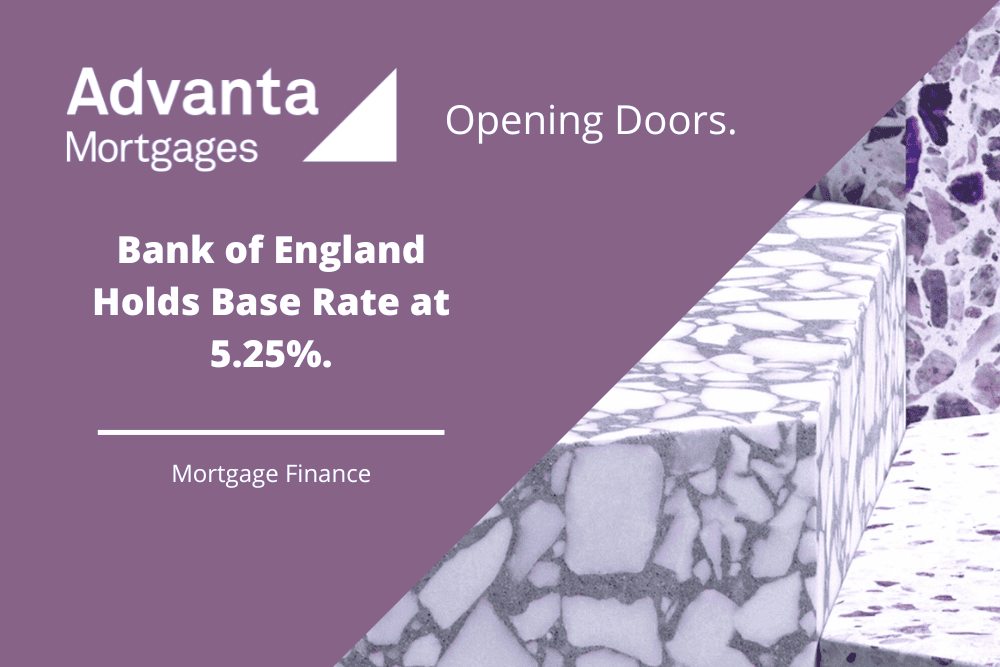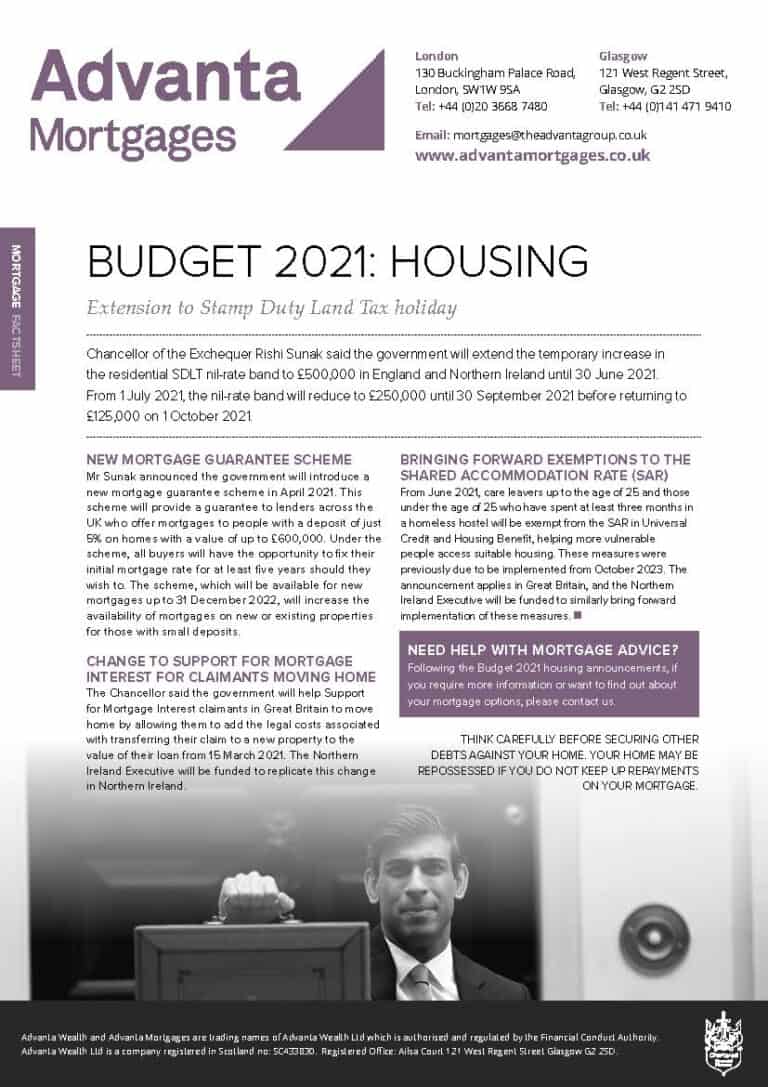Raising a deposit continues to be the biggest obstacle
One of the consequences of high house prices relative to earnings is that it makes raising a deposit a significant challenge for prospective first-time buyers. The average income of a first-time buyer (buying solo) has risen from £45,900 in 2019 to £50,300 in 2020, and to £50,800 in 2021, according to new data[1].
The average total income of joint first-time buyers has risen from £63,800 in 2019 to £72,200 in 2020, and to £70,500 in 2021. Additionally, over half of those surveyed (56%) said they wouldn’t have been able to get on the property ladder without family support.
Average deposit paid
The data also shows the average deposit paid by a sole first-time buyer in 2021 was £61,100, a figure which fell significantly from £71,400 in 2020. For joint buyers, the average deposit was £61,000 in 2021, which decreased slightly from £63,800 in 2020. Respondents to the survey cited the struggle to save for a deposit as the single biggest obstacle to home ownership (35%).
The average first-time buyer starts saving at the age of 24, with the average age at completion 32 – which has remained static for the past three years, according to the research. Almost three quarters (73%) of those surveyed said that they wish they had started saving for their deposit even sooner.
Mismatch in expectations
In other research[2], 58% of would-be first-time buyers say they do not expect any financial assistance from their older relatives, whilst 71% of parents expect to provide some financial help to the younger generation.
Nearly half of parents (49%) said they expect to leave a bequest when they die to the younger family members, but less than one in three first-time buyers (29%) are expecting it. There’s also a mismatch in expectations on giving and receiving a monetary gift towards buying a home, with 41% of parents expecting to do this, but only 24% of first-time buyers expecting it.
Value of the legacy
The findings also show that parents under the age of 60 are less inclined to provide financial support to younger members of their family compared to parents aged over 60. This is likely to be due to the higher value of assets held by older generations.
Whilst the high level of support on offer from older members of the family will be welcome news for first-time buyers, it cannot necessarily be relied on. The older generation have more cash savings, investments and property equity than the younger generations, but much of this is likely to be left as inheritance, only accessible at a future date. It may also be the case that some of their wealth will be spent on social care, reducing the value of the legacy they eventually pass on.
Inflation and wage growth
It is not surprising, therefore, that 68% of first-time buyers say they will be using their own accumulated savings to fund their deposit.
So with house prices rising considerably more than inflation and wage growth, it’s not surprising that first-time buyers find raising a deposit the most difficult aspect of getting on the property ladder and something it is hard to keep pace with. But it’s clear that many families are more willing to share their wealth and give financial help than the younger generation appreciate.
Looking to get a mortgage for your first home?
If you are looking to buy your first home we can discuss your options. From working out your budget to getting the keys to your first home, we’re here to help. There are several government schemes that can help you buy a home. For more information complete the form below and an Independent Mortgage Broker will be in touch.
Source data:
[1] Barclays own data based on first-time buyer completions in 2021. Research conducted by Censuswide in February 2022, polling 2,011 first-time buyers (defined as those who are looking to buy their first property and those who have bought their first property within the last five years).
[2] Property Tracker Report from the Building Societies Association (BSA) survey. Fieldwork was undertaken between 2-3 December 2021. Total sample size was 2,094 adults. The survey was carried out online. Additional fieldwork was undertaken between 7–8 December. The total sample size was 2,000 adults. The figures have been weighted and are representative of all GB adults (aged 18+). All figures, unless otherwise stated, are from YouGov Plc.
Contact us
Advanta Mortgages gives you access to a broad range of mortgage solutions. If you’d like to know how we can help with your investment and wealth planning needs, get in touch. We’ll be delighted to provide more details of our services. Please contact us using one of the options listed below.
London
130 Buckingham Palace Road,
London, SW1W 9SA
Glasgow
121 West Regent Street,
Glasgow, G2 2SD

















